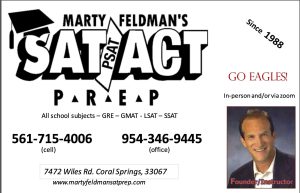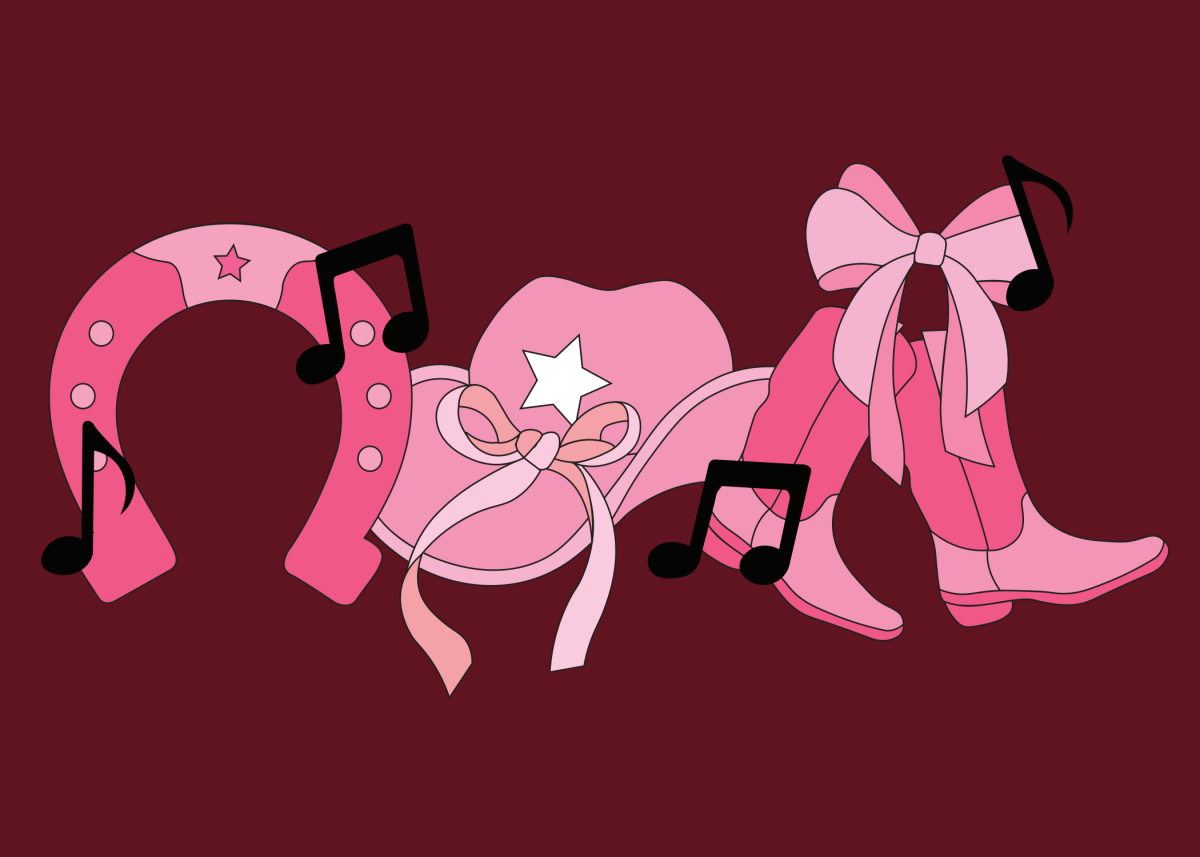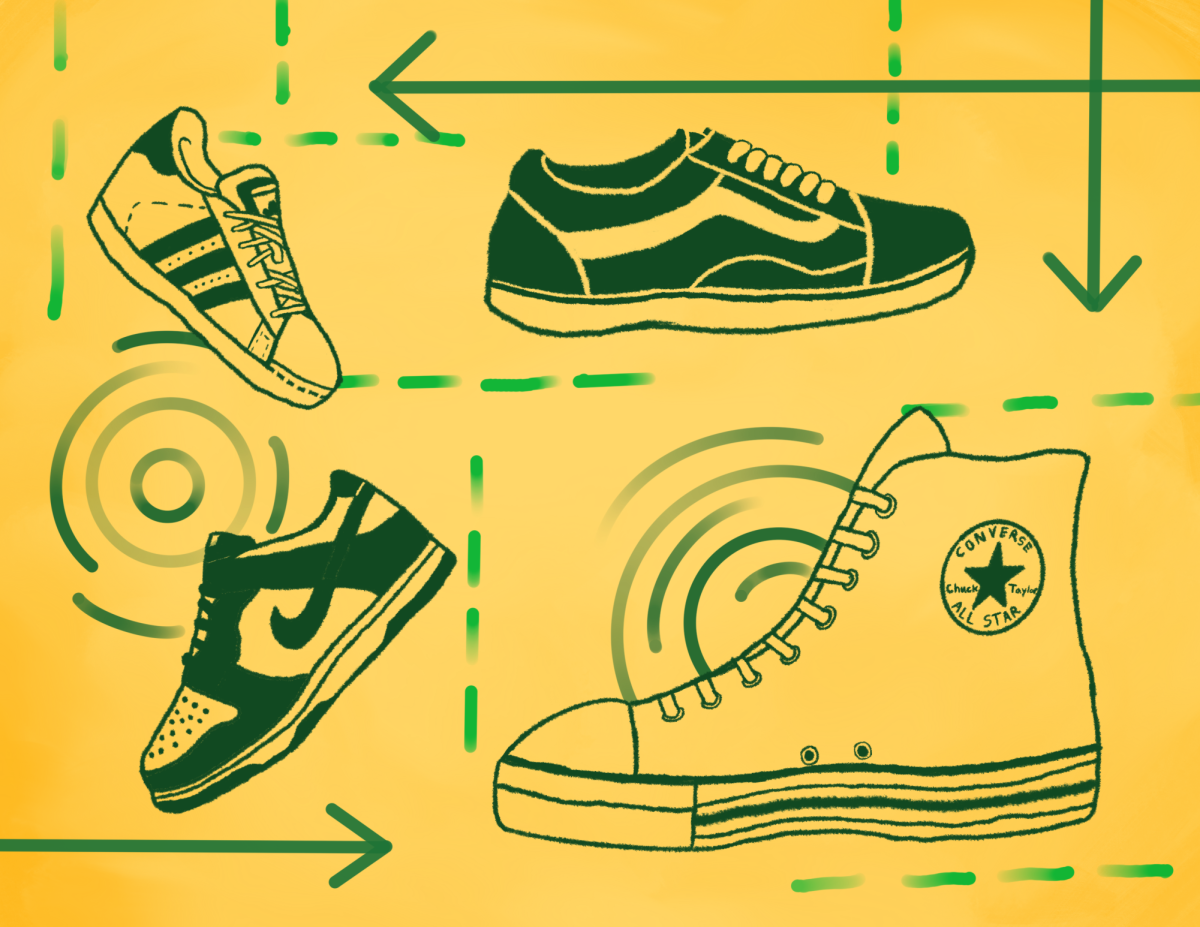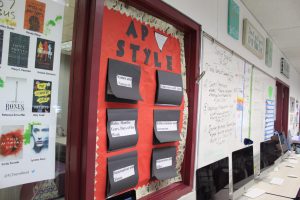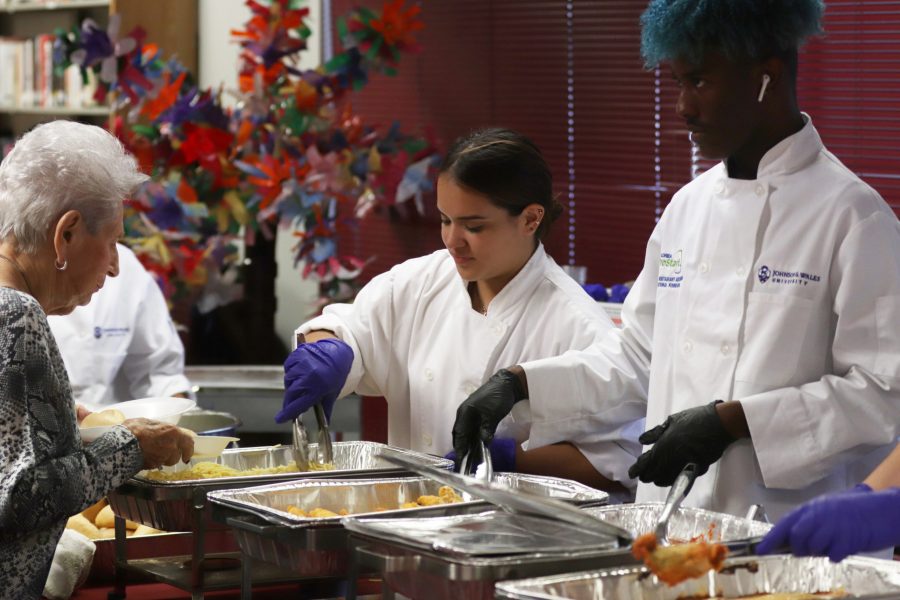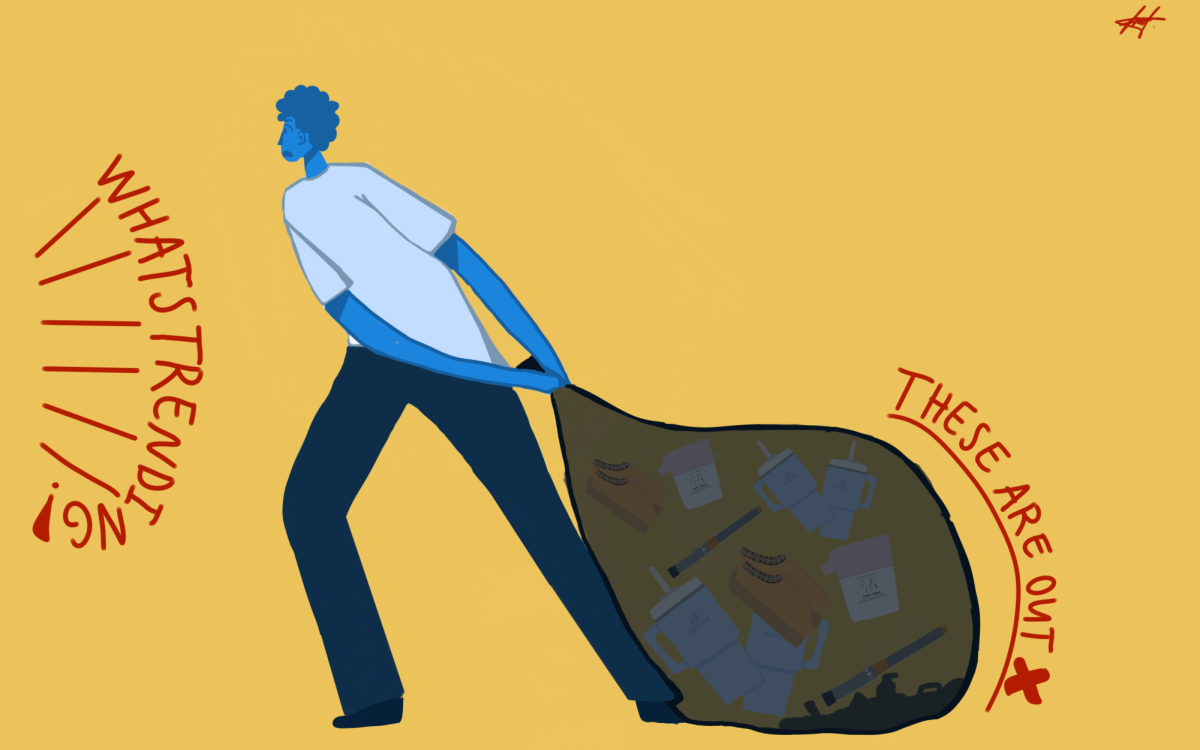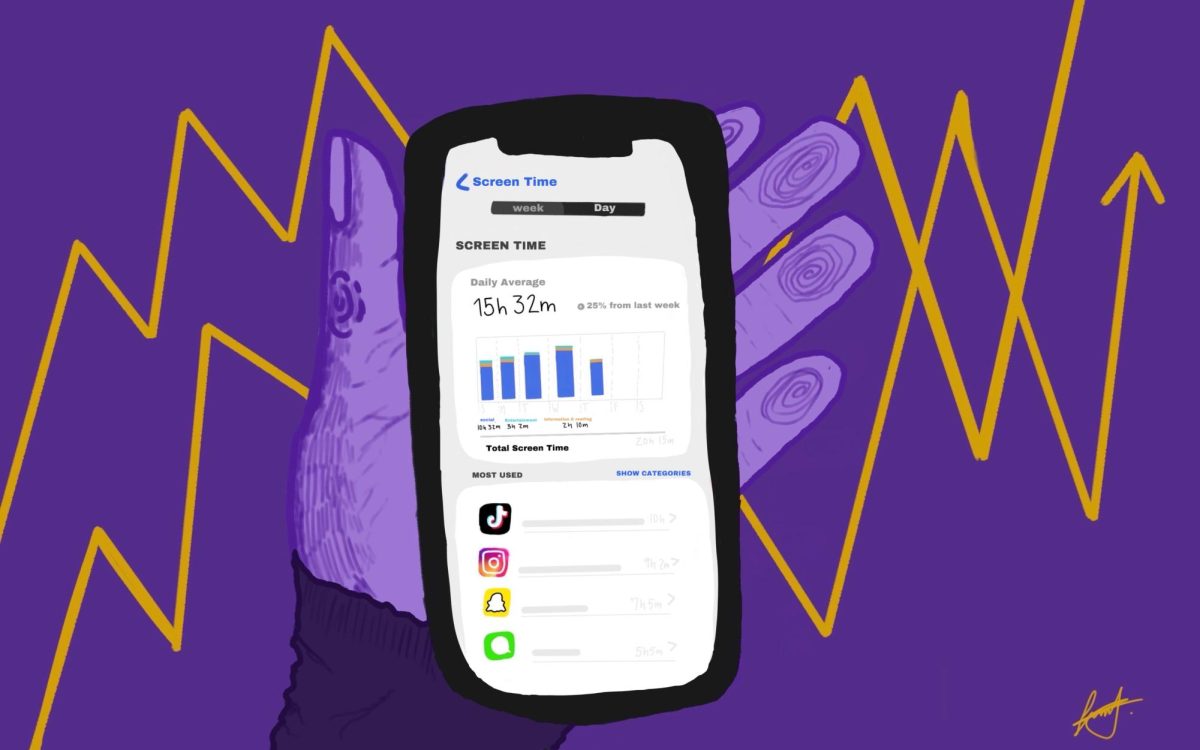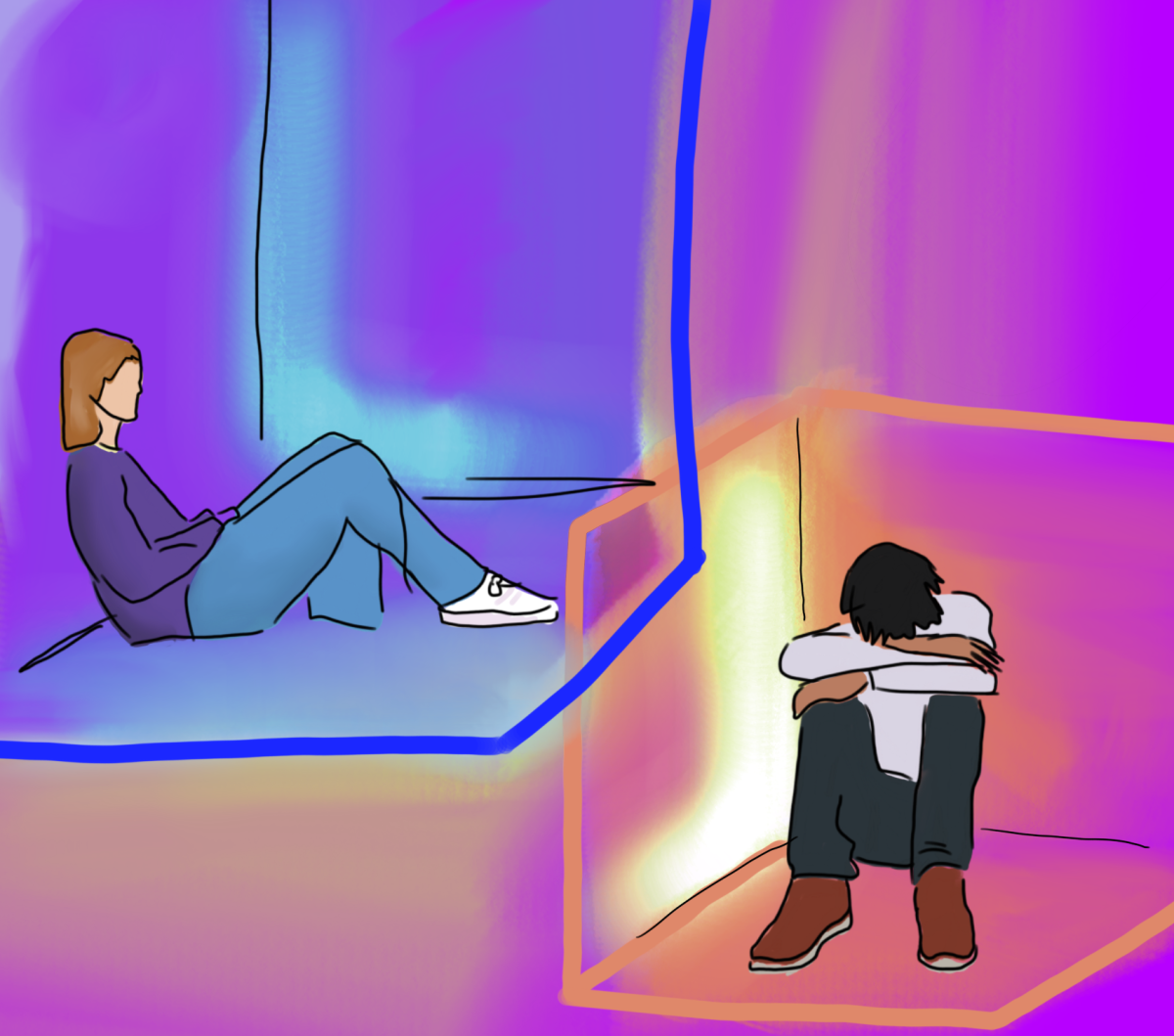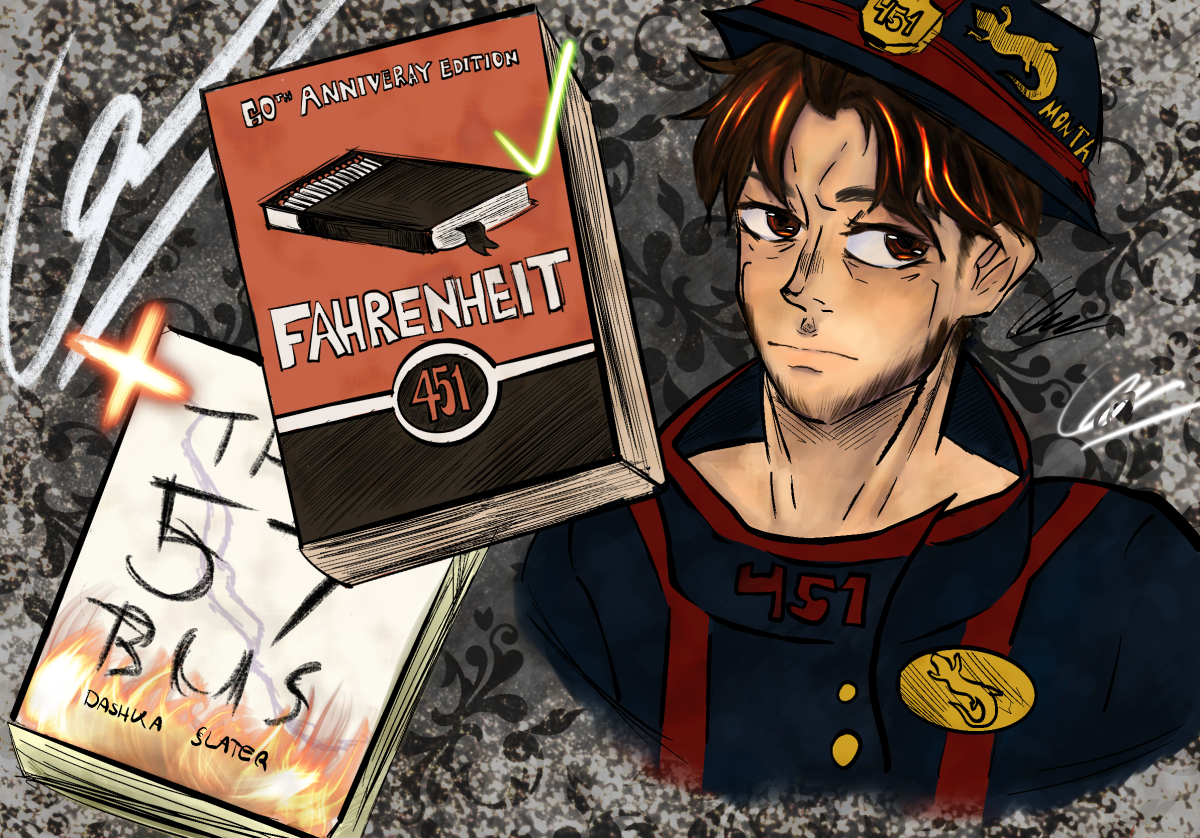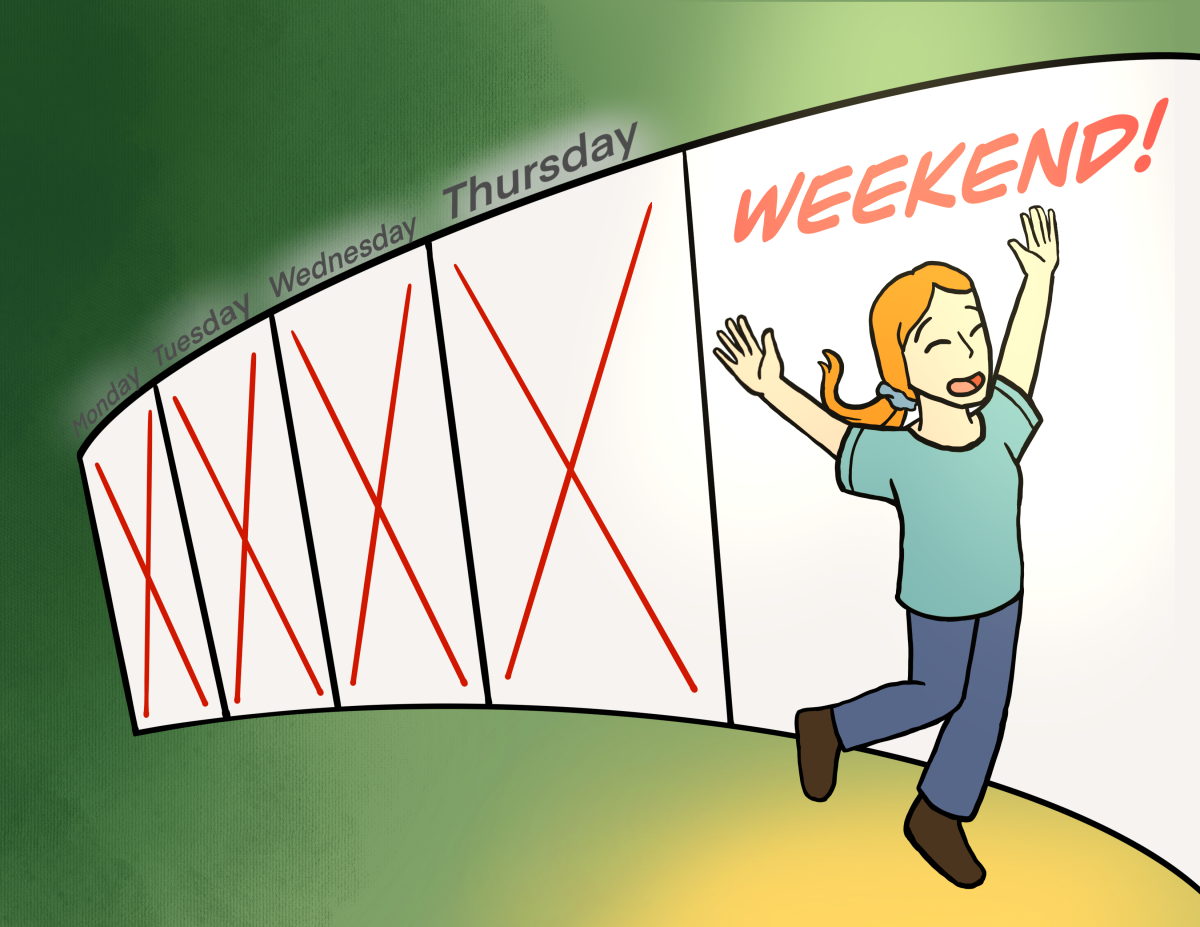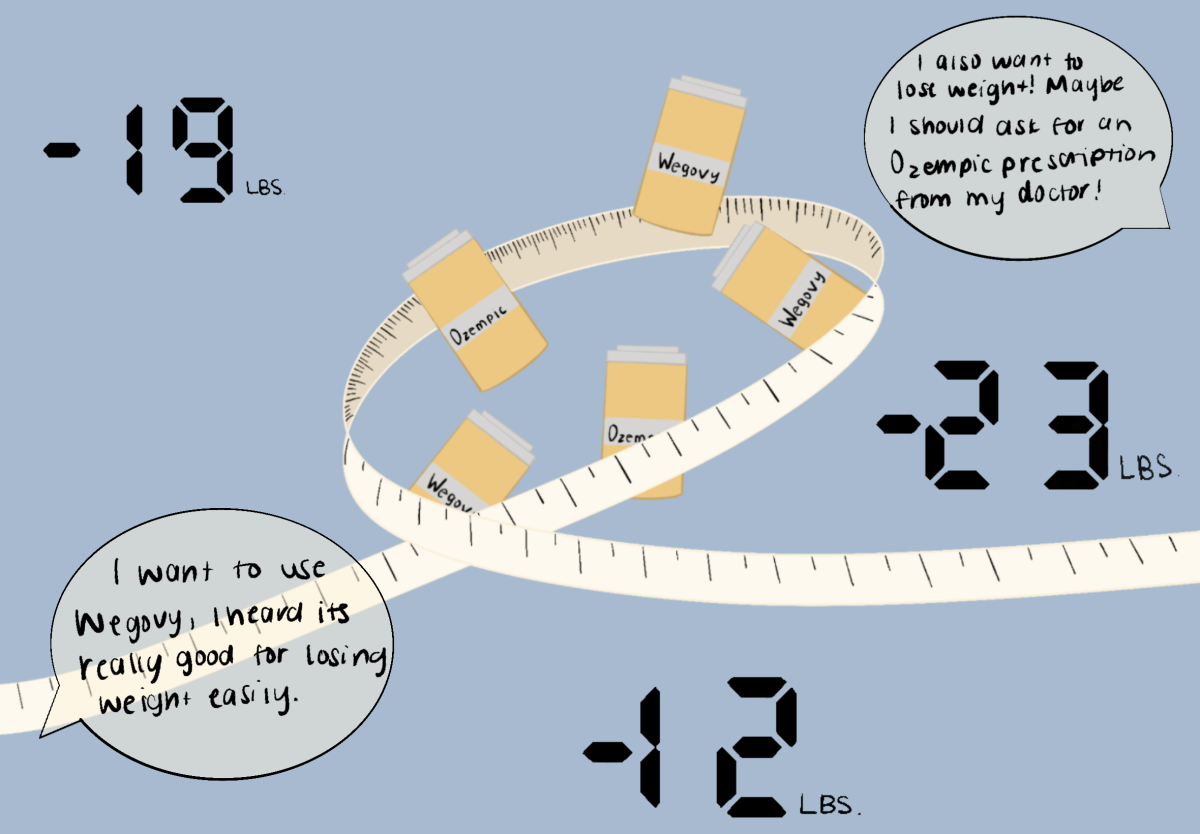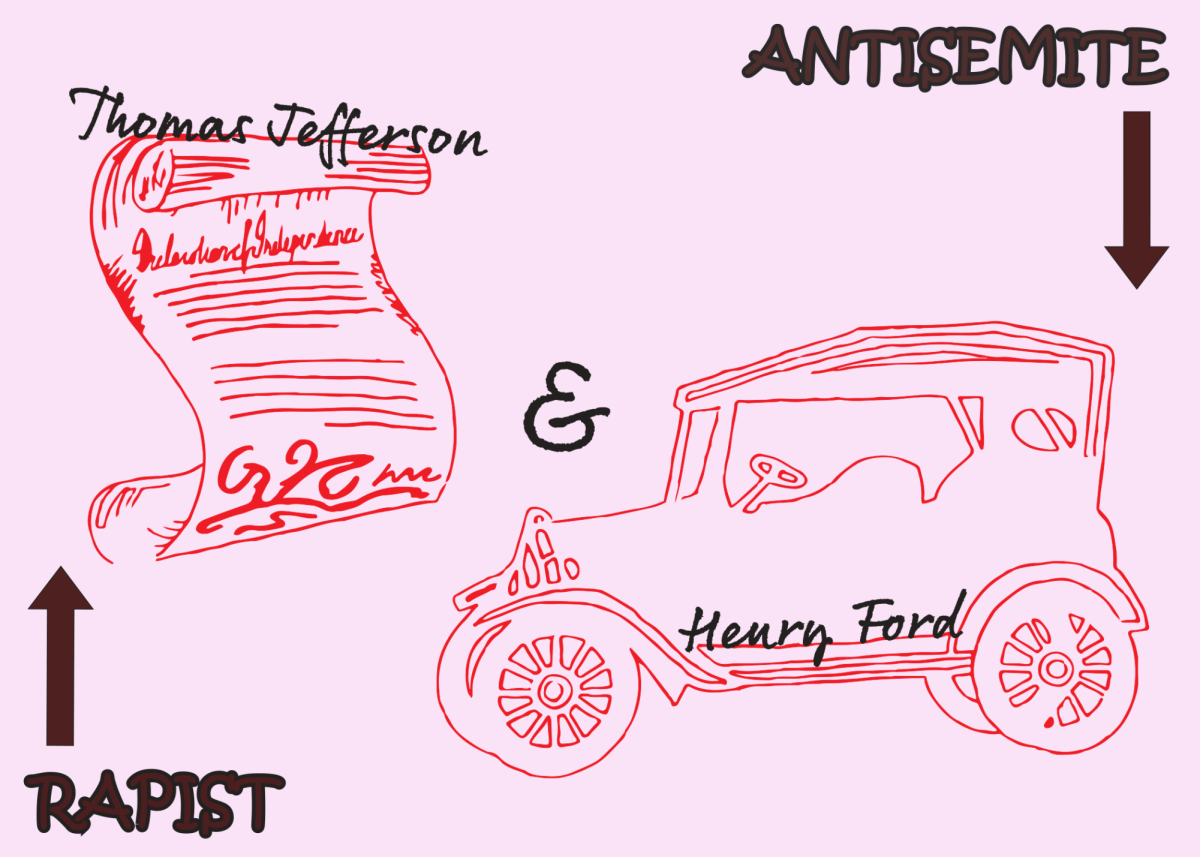
If you check the course card for a Marjory Stoneman Douglas High School student, you’re sure to see dozens of options for classes. However, most of these options are academic-oriented: higher-level or niche science, math, history and English classes. A few options for vocational education do exist, Culinary Arts, education-related classes and computer science. However, this catalog is not sufficient for vocational education. MSD should expand its options for high school vocational training classes to include more practical options.
Vocational education, also referred to as career or technical education, is education that is oriented at preparing students for jobs in manual or practical fields. It allows students to explore an interest in these fields, which often go unaddressed by the curriculum but are legitimate, viable, fast-growing career options. These fields are always in need of more employees since it’s hard to foster an interest in more practical jobs.
Classes in vocational fields would also allow students who are not intending to pursue these fields to learn practical skills that could be put to good use in adult life. The ability to change a tire, diagnose a broken engine, fix a leaky faucet or complete basic programming are skills that make adult life easier and cheaper. Students who follow this path will be able to apply this knowledge throughout their lives, not just on an end-of-course exam.
Historically, vocational education has long been a significant component of the American school. Back in 1917, the Smith-Hughes National Vocational Education Act was passed, funding vocational education in every state. It wasn’t until the next year that every state even made school attendance mandatory. In the 1980s, however, more and more graduation requirements were imposed on students, leaving little room for vocational classes on the schedule. Now, even the most basic practical classes like home ec have been eliminated from most course cards.
Additionally, providing technical/vocational classes in high school allows students to enter college or the workforce already certified in key programs and skills. MSD already allows students to become certified in programs like Photoshop and Premiere. Expanding the catalog of available technical courses to include certifications in digital programs like InDesign and Dreamweaver would provide students with opportunities for more specialized learning relevant to their desired future job field.
In addition to digital program certifications, hands-on training in technical fields can also be incredibly beneficial to students’ future success. Jobs in the automotive, electrical engineering, plumbing, and construction industries are constantly undervalued in classroom settings as well as in society at large. However, these jobs are necessary for society to function. If students who have a genuine enjoyment in these fields find that joy at a younger age, they will have more time to become experts in the field and find lucrative employment.
Technical classes can also connect to the core curriculum in important ways. Auto shop classes, for example, relate to STEM principles. They provide hands-on experience in engineering and technology. However, they can also relate to physics principles like aerodynamics, combustion and lift and drag forces, as well as chemistry topics like combustion and carbon monoxide. Furthermore, it teaches real, practical skills that most students can implement at some point in their lifetime. Knowing how to change a tire, diagnose an engine, or change out fluids will come in handy for basically every car owner eventually.
Vocational training classes at the high school level allow students to get a head-start on entering the adult world prepared for adult life. Further implementation will only benefit the Marjory Stoneman Douglas community.

